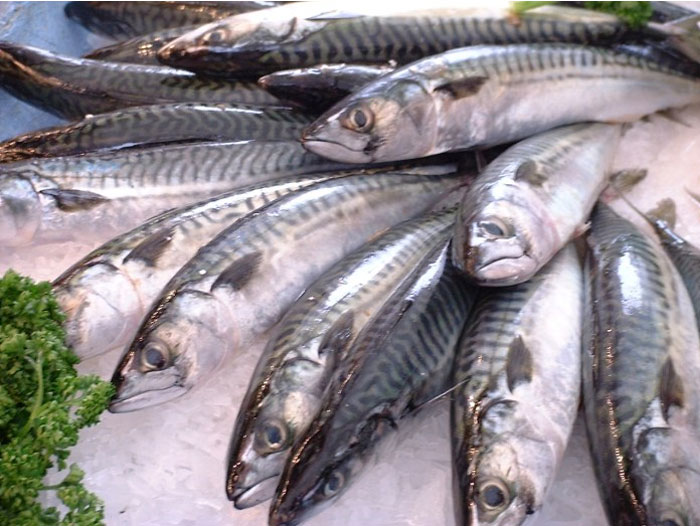MSC Mackerel Certificates Will Not Be Reinstated, Despite Healthy Stock
September 24, 2019 | 2 min to read

The MSC certificates for the North East Atlantic (NEA) mackerel fisheries will not be reinstated despite the latest scientific advice showing a healthy stock. The decision, which was determined by several teams of independent auditors, reflects the lack of comprehensive international agreement on quotas, threatening the long-term sustainability of the fishery.
The industry had hoped that a recent change in the stock modelling – leading to revised stock estimates from 2.35 million metric tonnes to 4.19 million metric tonnes (an estimation that is above healthy stock levels) – would be enough to reinstate the certificates. Despite this increase in the estimated stock level of mackerel, the absence of a long-term management plan, combined with a lack of international agreement on stock allocation, has led to an overall uptake above the catch level recommended by International Council for the Exploration of the Seas (ICES).
MSC North Europe Director, Hans Nieuwenhuis explained the decision:“Naturally, this will be disappointing news for the fishing industry. While the most recent scientific advice places the mackerel stock within safe biological limits, the ongoing dispute over quota allocations has led to catches repeatedly above the scientific advice. This, coupled with the lack of effective management, has led to the continued suspension of the fishery certificates.”
Upheld suspension rooted in management issues
In September 2018, ICES warned that the NEA mackerel stock had shrunk below a sustainable level. The 2018 assessment, together with the absence of an agreed management plan among all mackerel catching nations, resulted in suspension of MSC certificates on 2nd March 2019.
ICES has since revised their estimate of the mackerel stock to above sustainable levels. However, the continuing dispute over quota allocation, in combination with the absence of a long-term management strategy, has resulted in the auditors’ decision to uphold the suspension.
MSC North Europe Director, Hans Nieuwenhuis says:“The upcoming Coastal States meeting on mackerel is a critical moment for the fisheries and an opportunity for the Ministries of the mackerel fishing nations to come around the negotiating table and set collective catches in line with scientific advice. It is vital that the fishing nations make real progress on effective adoption and implementation of a long-term management plan to ensure a sustainable future for this important species. Over the coming year, the independent auditors will continue to monitor the fisheries’ progress and I hope that we will see a successful agreement and adoption of a coherent and robust fisheries management plan, followed by the reinstatement of these certificates.”
